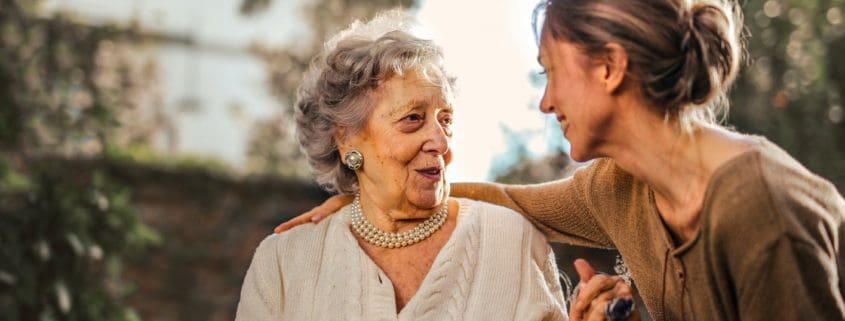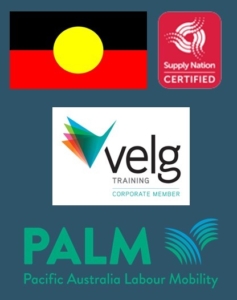Fall Risks and Hazards for the Elderly
Falls pose a significant risk to the well-being and independence of the elderly population. Equinox College, a reputable institution offering disability training and courses in Brisbane, Queensland, recognizes the importance of identifying fall risks and hazards for the elderly. In this article, we will explore the significance of fall prevention, the potential risks faced by the elderly, and how Equinox College’s expertise empowers caregivers to create safer environments and reduce the incidence of falls.
Understanding the Impact of Falls on the Elderly
Falls can have severe consequences for the elderly, including injuries, loss of independence, and reduced quality of life. With age, individuals may experience changes in balance, strength, and mobility, making them more susceptible to falls. It is crucial to recognize the potential risks and hazards that can contribute to falls, both within and outside the home environment.
Equinox College’s Disability Training
Equinox College’s disability training programs in Brisbane, Queensland, focus on equipping caregivers with the knowledge and skills to identify and mitigate fall risks for the elderly. Through their comprehensive curriculum, Equinox College emphasizes the importance of proactive fall prevention strategies, hazard identification, and creating safe environments for the elderly.
Identifying Fall Risks and Hazards
Equinox College’s disability training educates caregivers on identifying common fall risks and hazards faced by the elderly. Caregivers learn to assess the physical and cognitive capabilities of individuals, evaluate environmental factors, and recognize potential hazards that could lead to falls. This includes identifying uneven surfaces, poor lighting, slippery floors, cluttered pathways, and inadequate handrails or grab bars.
Creating a Safe Home Environment
Equinox College emphasizes the importance of creating a safe home environment for the elderly. Caregivers are trained to implement modifications that enhance safety, such as removing trip hazards, securing loose rugs, installing handrails in key areas, improving lighting, and arranging furniture to optimize mobility. By addressing these environmental factors, caregivers reduce the risk of falls and create a safer living space for the elderly.
Promoting Physical Strength and Balance
Equinox College’s disability training recognizes the role of physical strength and balance in fall prevention. Caregivers learn exercises and techniques to improve the strength and balance of the elderly through safe and appropriate physical activities. These exercises can include gentle strength training, flexibility exercises, and balance-enhancing movements. By promoting physical fitness, caregivers enhance the stability and overall well-being of the elderly, reducing the likelihood of falls.
Assisting with Mobility and Assistive Devices
Equinox College emphasizes the importance of assisting the elderly with mobility and providing appropriate assistive devices when necessary. Caregivers learn proper techniques for assisting individuals with walking, transferring, and using mobility aids such as walkers or canes. Equinox College’s disability training ensures that caregivers are knowledgeable about selecting and fitting assistive devices, ensuring their proper use and effectiveness.
Medication Management and Review
Medications can contribute to falls due to side effects such as dizziness or drowsiness. Equinox College’s disability training educates caregivers on medication management and encourages regular reviews by healthcare professionals. Caregivers are trained to identify medications that may increase the risk of falls and work collaboratively with healthcare providers to adjust medication regimens when necessary. By monitoring medications and minimizing fall-related side effects, caregivers reduce the potential risks.
Regular Health Assessments and Falls Risk Screening
Equinox College recognizes the importance of regular health assessments and falls risk screening for the elderly. Caregivers are trained to conduct falls risk assessments, including balance tests and evaluating the individual’s overall health status. By identifying individuals at higher risk for falls, caregivers can implement targeted prevention strategies and seek appropriate medical interventions.





Leave a Reply
Want to join the discussion?Feel free to contribute!